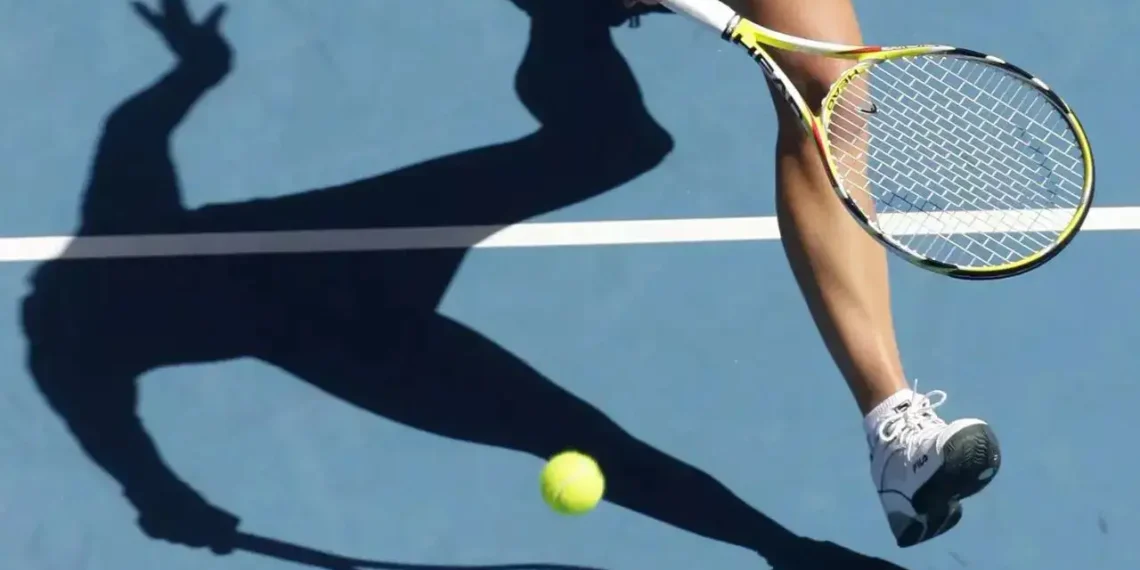Tennis players are calling for stronger measures to combat the “dangerous” harassment stemming from the “dark side” of social media, advocating for identity verification after British player Katie Boulter highlighted the severity of the issue.
In an interview with BBC Sport, Boulter revealed that receiving abusive messages and death threats has become “normal” for athletes, noting that “it becomes more evident every time you check your phone.”
She shared disturbing messages, including one that wished her cancer and another threatening to desecrate her “grandmother’s grave if she’s not dead by tomorrow.”
Concerned about the potential impact of such abuse on younger players, Boulter has garnered support from her peers.
After her round-of-32 loss to Francesca Jones at the Nottingham Open on Tuesday, British number four Harriet Dart emphasized the need for identity verification when creating social media accounts.
“The level of abuse we all receive is astonishing,” Dart remarked. “The WTA is trying to address this with the Threat Matrix system, but until platforms like Instagram implement ID verification, unfortunately, people can continue to create new accounts.”
Boulter’s partner, world number 12 Alex de Minaur, noted that many athletes choose not to manage their own social media accounts due to the harassment.
“While there are positive aspects to social media, there is also a darker side,” he stated.
Before her match against Boulter in the last 16 at Nottingham on Wednesday, British number three Sonay Kartal called for a united response to the issue.
Related Articles:
- Professional Tennis Players Association files lawsuit against governing bodies
- Taraba revenue board chairman advocates annual Kefas tennis tournament
- Djokovic distances himself from players’ union lawsuit, calls some claims ‘Too Strong’
“These individuals can create countless accounts. I’m not sure who should be held accountable; it’s not just one person,” she said. “If I can help report it and the WTA can assist in reporting it, we can collaborate to try to eliminate it. I believe that’s the most effective way to tackle the problem.”
Data from Signify, the International Tennis Federation (ITF), and the Women’s Tennis Association (WTA) indicates that in 2024, approximately 8,000 abusive, violent, or threatening messages were publicly directed at 458 tennis players via their social media accounts.
However, Dart emphasized that social media abuse extends beyond tennis. “This isn’t just a tennis issue; it’s a global problem that affects everyone, not just athletes. Regular individuals also face trolling and harassment.”
“We live in the 21st century, yet we don’t verify identities on social media. People can connect and be located, which is concerning given the horrific abuse we all endure. That’s why I often view social media as a significant negative.”
Dart also pointed out the vulnerability of impressionable young people on social media today. “As an experienced athlete who has faced this, I feel strongly about the need for change.”






